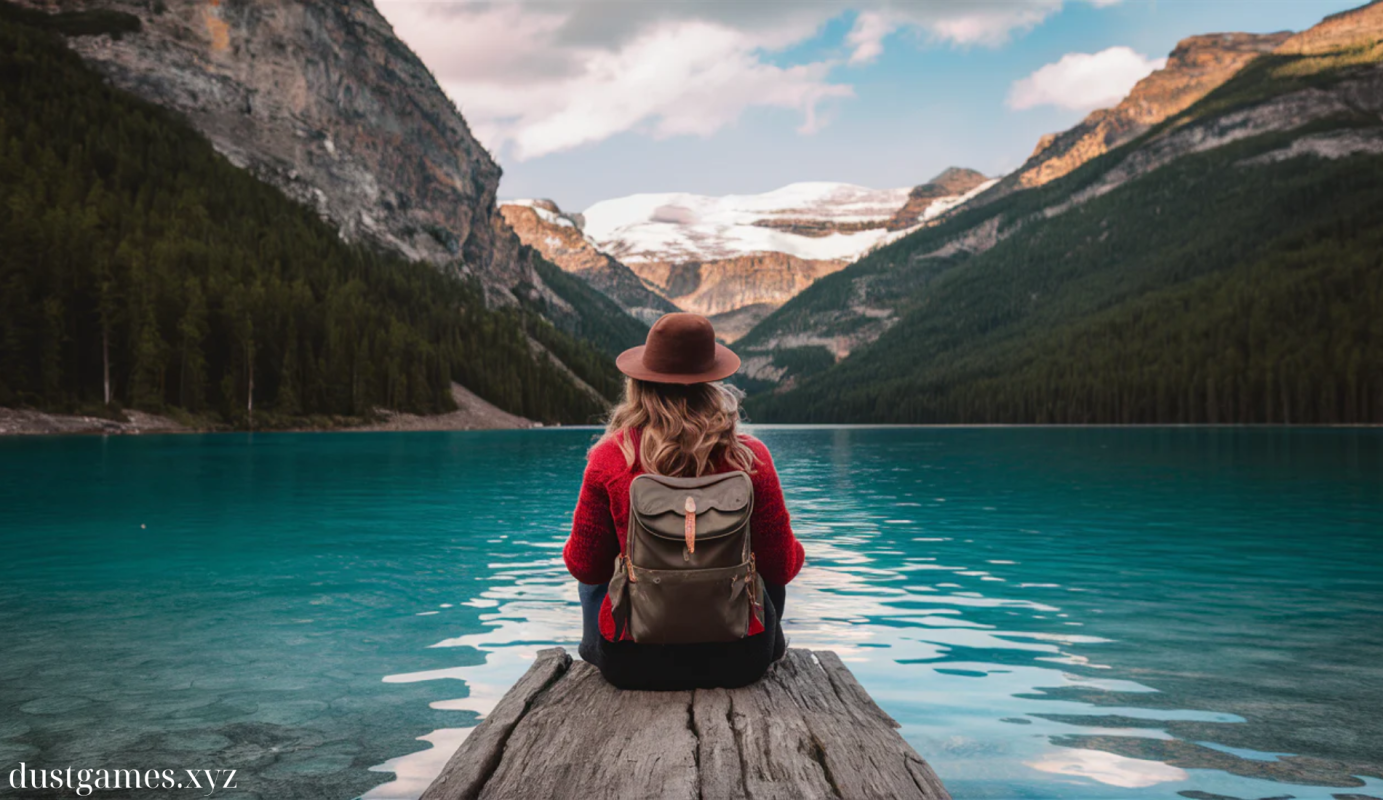Safety Tips
Health and Safety Travel Tips: Stay Healthy and Safe on Your Adventures
Traveling can be an exhilarating experience, but ensuring your health and safety while on the road is crucial for a smooth and enjoyable trip. From preparing for potential health issues to staying safe in unfamiliar environments, there are several important considerations to keep in mind. This guide offers practical tips to help you stay healthy and safe during your travels, providing peace of mind and ensuring you make the most of your adventures.
Table of Contents
ToggleKey Highlights
- Pre-Travel Preparations: Essential steps to take before embarking on your journey.
- Health Precautions: Tips for maintaining your health while traveling.
- Safety Measures: Guidelines for staying safe in different environments.
- Emergency Preparedness: How to handle emergencies and unexpected situations.
- Travel Insurance: Understanding the importance of coverage for your trip.
Pre-Travel Preparations: Getting Ready for Your Trip
The Experience: Proper preparation before your trip sets the foundation for a healthy and safe journey. Addressing health concerns and understanding safety protocols in advance can prevent potential issues and make your travels smoother.
Why It’s a Must-Have: Effective pre-travel preparations help minimize risks and ensure that you are well-equipped to handle any challenges that may arise.
Top Preparations:
- Check Vaccinations and Health Advisories: Research required and recommended vaccinations for your destination and ensure you are up-to-date. Check health advisories for any disease outbreaks or health risks in the region.
- Pack a Health Kit: Include essential health supplies such as prescription medications, over-the-counter remedies, first aid supplies, and hand sanitizer in your travel kit.
- Research Local Health Care Facilities: Identify nearby hospitals or clinics in your destination in case you need medical assistance during your trip.
- Travel Documents and Insurance: Ensure your travel documents, including passports, visas, and travel insurance, are up-to-date and easily accessible.
Health Precautions: Maintaining Your Well-Being on the Road
The Experience: Staying healthy while traveling involves taking proactive steps to avoid illness and injuries. Proper health practices can help you enjoy your trip without disruptions.
Why It’s a Must-Have: Following health precautions reduces the risk of illness and ensures you can fully enjoy your travel experiences.
Top Health Tips:
- Stay Hydrated: Drink plenty of water to stay hydrated, especially in hot climates or during long flights. Avoid excessive consumption of caffeinated or alcoholic beverages.
- Practice Good Hygiene: Wash your hands frequently with soap and water, and use hand sanitizer when soap isn’t available. Avoid touching your face with unwashed hands.
- Be Cautious with Food and Water: Consume food and water from reputable sources to avoid foodborne illnesses. Be cautious with street food and ensure that fruits and vegetables are thoroughly washed or peeled.
- Protect Yourself from the Sun: Use sunscreen with a high SPF, wear protective clothing, and seek shade during peak sun hours to prevent sunburn and dehydration.
Safety Measures: Staying Secure in Different Environments
The Experience: Navigating unfamiliar environments requires awareness and precaution. Implementing safety measures can help you avoid accidents and stay secure.
Why It’s a Must-Have: Adopting safety measures ensures that you can confidently explore new places while minimizing risks.
Top Safety Tips:
- Stay Aware of Your Surroundings: Be mindful of your surroundings and avoid distractions while exploring. Keep an eye on your belongings and be cautious in crowded areas.
- Use Reliable Transportation: Choose reputable transportation options and verify the safety of taxis or rideshare services. Avoid traveling alone at night or in poorly lit areas.
- Secure Your Belongings: Use a money belt or secure bag for important documents, cash, and valuables. Lock your luggage and accommodations when not in use.
- Follow Local Laws and Customs: Familiarize yourself with local laws and customs to avoid misunderstandings or legal issues. Respect cultural norms and practices.
Emergency Preparedness: Handling Unexpected Situations
The Experience: Being prepared for emergencies ensures you can respond effectively to unexpected situations, such as health issues or safety concerns.
Why It’s a Must-Have: Having a plan for emergencies helps you manage crises calmly and efficiently, reducing stress and potential impact.
Top Emergency Tips:
- Know Emergency Contacts: Keep a list of local emergency contacts, including police, medical services, and your embassy or consulate. Store these contacts in your phone and on paper.
- Have a Plan: Familiarize yourself with emergency procedures for your accommodation and destination. Know the nearest exit routes, emergency services locations, and safety protocols.
- Communicate with Others: Inform family or friends of your travel itinerary and check in regularly to keep them updated on your whereabouts and well-being.
- Carry Emergency Supplies: Include a basic first aid kit, important documents, and a portable phone charger in your emergency supplies.
Travel Insurance: Coverage for Peace of Mind
The Experience: Travel insurance provides financial protection and assistance in case of unexpected events, such as medical emergencies, trip cancellations, or lost belongings.
Why It’s a Must-Have: Travel insurance offers peace of mind and helps you manage potential risks and expenses during your trip.
Top Insurance Tips:
- Choose the Right Plan: Select a travel insurance plan that covers medical emergencies, trip cancellations, lost luggage, and other potential issues based on your travel needs.
- Read the Policy Carefully: Review the policy details to understand coverage limits, exclusions, and claim procedures. Ensure that the plan suits your destination and activities.
- Carry Proof of Insurance: Keep a copy of your insurance policy and emergency contact information with you during your trip for easy access if needed.
Conclusion
Staying healthy and safe during your travels involves careful planning, awareness, and proactive measures. By preparing in advance, following health precautions, adopting safety measures, and being ready for emergencies, you can ensure a secure and enjoyable travel experience. Travel insurance adds an extra layer of protection, offering peace of mind and support in case of unexpected events. With these tips, you can confidently embark on your adventures, knowing you are well-equipped to handle any challenges that may come your way.
FAQ
What should I include in my travel health kit? Your health kit should include prescription medications, over-the-counter remedies, a basic first aid kit, hand sanitizer, and any personal health items you may need.
How can I avoid foodborne illnesses while traveling? Consume food and water from reputable sources, avoid street food from questionable vendors, and ensure that fruits and vegetables are thoroughly washed or peeled.
What are some important safety tips for traveling? Stay aware of your surroundings, use reliable transportation, secure your belongings, and follow local laws and customs to stay safe during your travels.
How can I prepare for emergencies while traveling? Know local emergency contacts, familiarize yourself with emergency procedures, communicate with family or friends, and carry emergency supplies.
Why is travel insurance important? Travel insurance provides financial protection and assistance for unexpected events such as medical emergencies, trip cancellations, and lost belongings, offering peace of mind during your trip.

